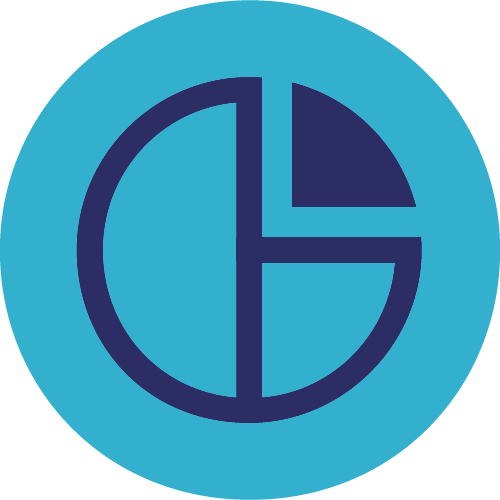“No Day But Today”
As the backbone organization of Good Measure, Mission Capital is delighted to announce our new Director of Collective Impact, Kristin duBay Horton. Kristin will lead our two existing Collective Impact portfolio initiatives in evaluation/philanthropy (Good Measure) and child welfare (Travis County Collaborative for Children). We are thrilled to have Kristin join the Mission Capital team as we pave the way for a strong and healthy 2021. Please join us in welcoming Kristin as she shares about her passion for Broadway, public heath, and collaborative impact.
-
Last week marked the 25th anniversary of the first performance of Rent. Rent was a seminal play for me – one I’ve seen more than 8 times – both on and off Broadway. I was working in HIV Prevention Community Planning at the time, surrounded by communities disproportionately impacted by HIV. In those early days of my career, I worked to assist the Centers for Disease Control and Prevention to replicate HIV Care Planning’s consumer led work among those at risk for contracting HIV. This shift in how public health addressed outbreaks is one of the gifts left by those who advocated for HIV resources at the start of the epidemic.
Two weeks ago, I joined Mission Capital as the new Director of Collective Impact. I begin this work in the midst of another pandemic. Not unlike HIV – COVID-19 – has managed to capitalize on the inherent issues in our public health and health care system. Health disparities, built by historically racist systems, are why people experiencing poverty throughout the U.S. are at higher risk of both contracting COVID-19 and dying from it. Fortunately, I can draw on from my early work in HIV prevention (and my favorite musical) to inform the work we do here and now.
“I Should Tell You”
First, Public health needs to be led by and grounded in the communities we serve. I learned that from my first large study of injection drug users in Massachusetts. We went from city to city working collaboratively with community members to develop a structured interview tool to assess HIV risk among IDUs. At site after site, community members asked me to probe about familial relationships. This had not been covered in my graduate program and so I assumed it was a wasted question to ask – but when we went into the field and interviewed close to 1,000 active IDUs about their drug use history – having a close family member who also injected drugs meant earlier progression from snorting to popping to injection.
“I’ll Cover You”
Second, true collaboration is an unnatural action, and must be based on honesty, trust and willingness to forgive. I worked in San Francisco in the late 90s. The AIDS epidemic had decimated the community and resources were scarce. This led to organizations – who joined forces for Federal funds – cannibalizing one another when funds were cut or the disease shifted. This is not unlike collaborative action work which asks individuals and organizations to set aside their own directives and to focus together on a data-driven, jointly decided upon focus. This is enormously difficult work – particularly as the world has shifted entirely under COVID 19. How do we find ways to build collaboration when most nonprofits are struggling to survive?
“You Okay Honey?”
Third, Evaluation is imperative – when it’s meaningful and useful. There are many times in our work when we evaluate because our funder wants us to, or our board wants us to, and on very rare occasions when we find it useful. The struggle is to ensure that what your board and funder wants you to do in terms of evaluation is the same as what is useful to you. I recognize this is not always easy but, by placing your clients at the core of your program planning, few funders will be able to say no to an evaluation consideration. Evaluation should provide opportunity for formative improvement in your work – it should help you ask questions that will inform your work and be more effective. This is something we all need to work toward together. It’s not easy – but it is possible and if you are still reading, and already embrace some or most of these ideas, your evaluation will be effective because it’s led by the people who are living in the work.
So, why did this public health and musical theatre addict join Mission Capital to steer its Collective Impact Initiatives? Well, Margaret Mead said to “never doubt that a small group of thoughtful, caring, committed individuals can change the world, because in fact, that is the only thing that ever has.” I believe that the Good Measure work – grounded in the lived experiences of the communities we seek to serve, utilizing formative evaluation methods - will improve nonprofits throughout Central Texas.
Rent was the musical of my early career – given it’s 25 years old it means I’m pretty old myself. Still, 25 years later in my own life, in my career, at the start of this new job, I ask you to focus, as Good Measure, on listening to the voices of our community, the same folks impacted by HIV 25 years ago – and focus on measuring the things that really matter – well. “So how do we Measure? …525,600 minutes, 525,600 journeys to plan, how do you measure… measure, measure your life in love.”

